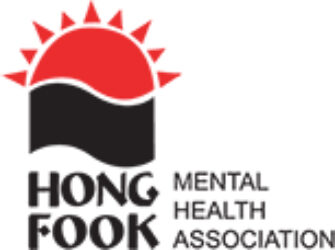Cultural Psychiatry-Reflective Insights, Emerging Trends, and Future Directions

Presenters
Francis Lu (he/him), MD, Luke & Grace Kim Professor in Cultural Psychiatry, Emeritus, University of California, Davis
James Boehnlein (he/him), M.D., M.Sc., Professor of Psychiatry, School of Medicine, Oregon Health & Science University
Hung-Tat (Ted) Lo (he/him), FRCPC, Clinical Director, Asian Community Psychiatric Clinic
Josephine Pui-Hing Wong (she/her), RN, PhD, Professor and Research Chair in Urban Health, Daphne Cockwell School of Nursing, Toronto Metropolitan University
Moderator
Kenneth Fung (he/him), MD FRCPC MSc DFAPA DFCPA, Clinical Director, Asian Initiative in Mental Health, Toronto Western Hospital; Professor and Director of Global Mental Health, Department of Psychiatry, University of Toronto
Abstract
This plenary panel session delves into the intersection of culture and psychiatry, particularly within the realm of our communities with increasingly diverse populations. Over decades, the professional workforce in psychiatry has undergone significant changes, necessitating adaptations in training methodologies to address cultural diversity effectively. Concurrently, governments have begun to recognize the importance of integrating cultural perspectives into mental health policies and services. Through this session, attendees will gain insights into the evolving landscape of cultural psychiatry and its critical role in fostering inclusive and effective mental health care within diverse communities.
Learning objectives
At the end of the panel conversation and discussion, participants will be able to:
- Examine the advancements and obstacles in Equity, Diversity, and Inclusion (EDI) integration within mental health public policies, community practices, and beyond.
- Understand the significance of cultural psychiatry in the context of community mental health, especially facing the increasingly diverse populations and the global migration.
- Understand the current landscape of human and community resources in the mental health sector and the significant evolution of interprofessional collaboration.
- Understand the evolution of cultural assessment in Psychiatry, exemplified by the DSM-5 Cultural Formulation Interview.
